Combined DNA Index System (CODIS)
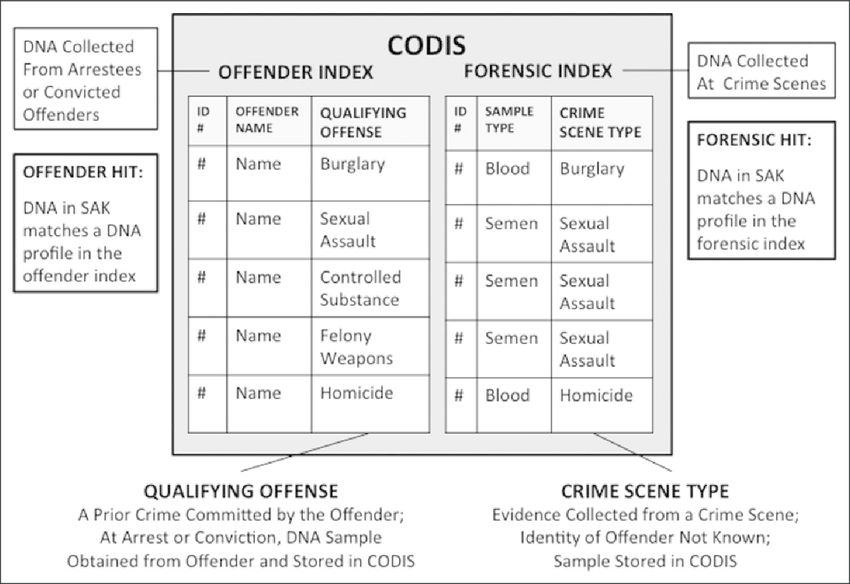
Since 1996, the Combined DNA Index System (CODIS) is the national DNA data-base of the USA, created and maintained by the Federal Bureau of Investigation(FBI). It combines forensic science and computer technology into a tool which enables federal, state, and local forensic laboratories to exchange and compare DNA profiles electronically.
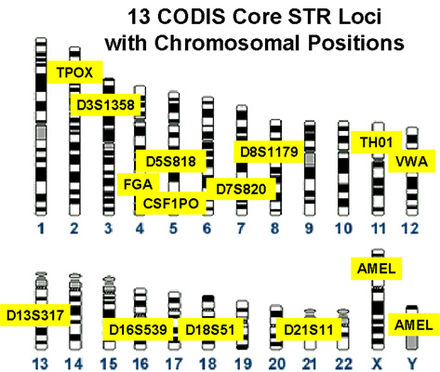
In that way the CODIS STR loci help in linking serial violent crimes to each other and to identify the offenders. The DNA Identification Act of 1994 dignified the FBI’s authority to establish a National DNA Index System (NDIS) for law enforcement purposes. Across the USA, over 190 public law enforcement laboratories participate in NDIS. More than 90 forensic laboratories in more than 50 countries use the CODIS software for their own database initiatives.
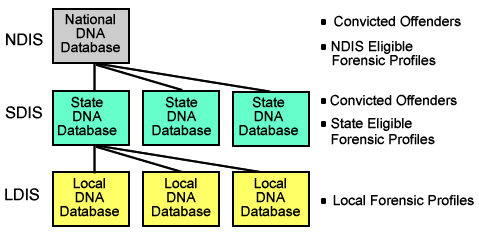
Thirteen core STR loci were selected to be the basis of the future CODIS national database on November! 3-14, 1997, in STR Project meeting. Later, additional seven loci (D1S1656, D2S441, D2S1338, D10S1248, D12S391, D19S433,and D22S1045) were added to the CODIS core in 2015, which came to effect from January 2017.
Different countries employ different STR-based DNA-profiling systems, e.g., 20 core CODIS universal in North America, 17 loci system in the UK(DNA-17), and 18 loci system in Australia. CODIS STR loci DNA-profiling system is based on multiplex reactions which result in testing many STR regions at the same time.
Text from the book "DNA Fingerprinting: Advancements and Future Endeavors"
The following related text on DNA Profiling from Wikipedia
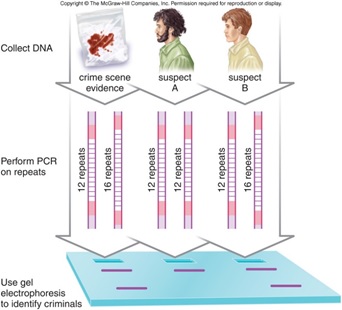
The U.S. Patriot Act of the United States provides a means for the U.S. government to get DNA samples from suspected terrorists. DNA information from crimes is collected and deposited into the CODIS database, which is maintained by the FBI. CODIS enables law enforcement officials to test DNA samples from crimes for matches within the database, providing a means of finding specific biological profiles associated with collected DNA evidence.
When a match is made from a national DNA databank to link a crime scene to an offender having provided a DNA sample to a database, that link is often referred to as a cold hit. A cold hit is of value in referring the police agency to a specific suspect but is of less evidential value than a DNA match made from outside the DNA Databank.
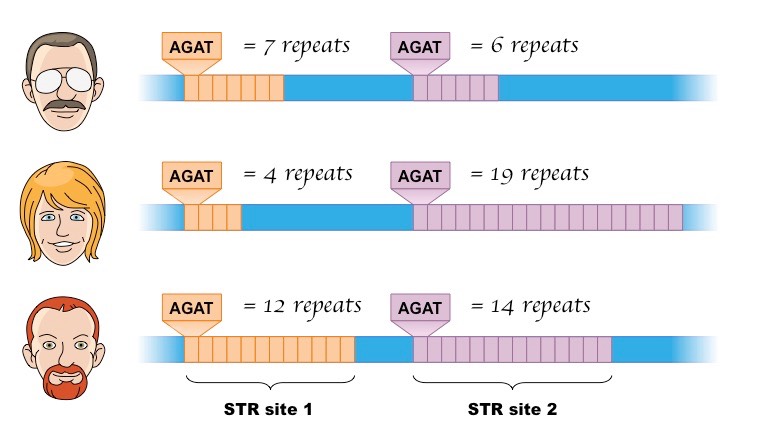
FBI agents cannot legally store DNA of a person not convicted of a crime. DNA collected from a suspect not later convicted must be disposed of and not entered into the database. In 1998, a man residing in the UK was arrested on accusation of burglary. His DNA was taken and tested, and he was later released. Nine months later, this man's DNA was accidentally and illegally entered in the DNA database.